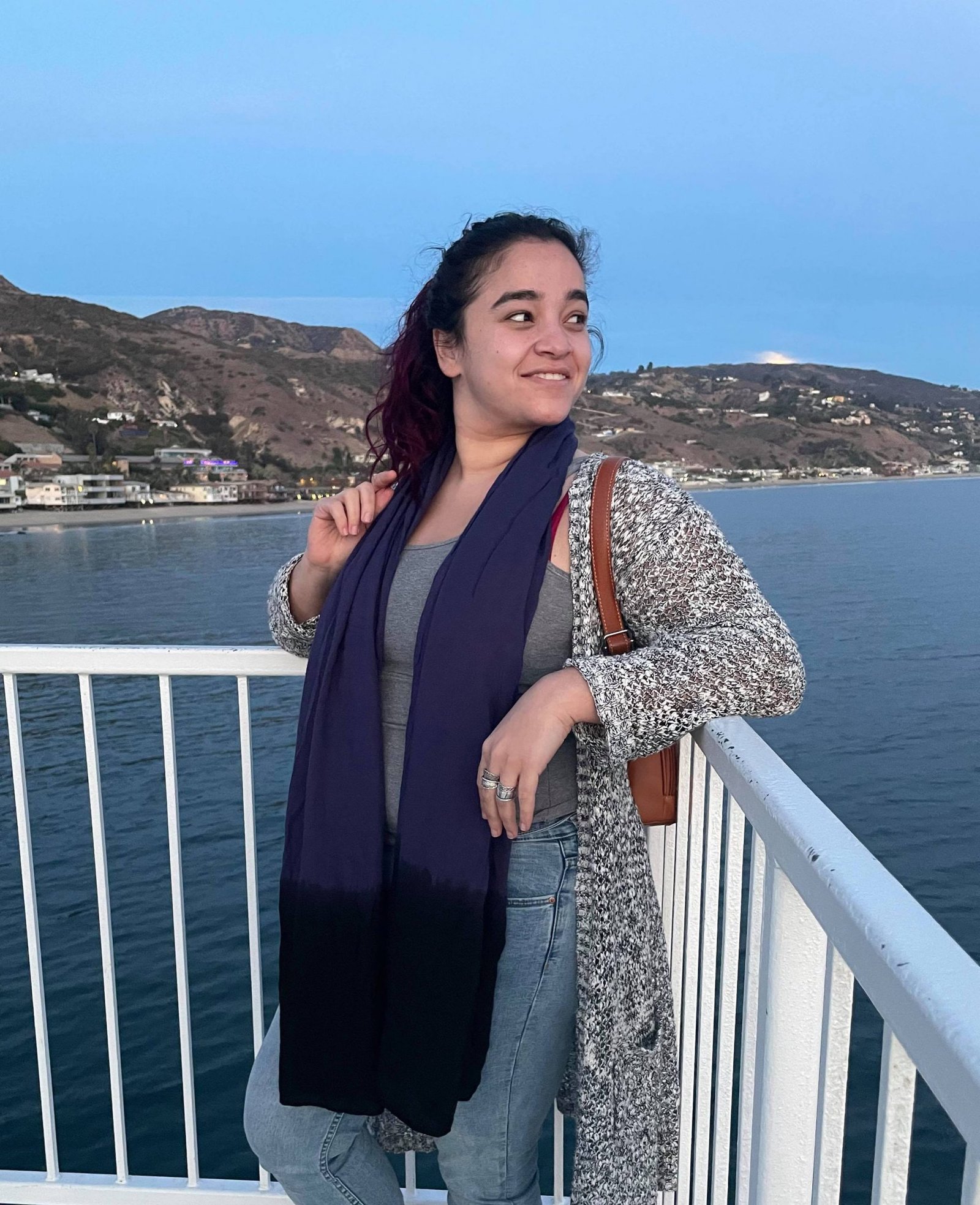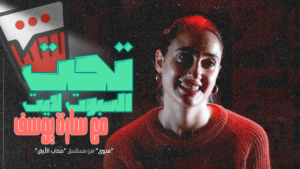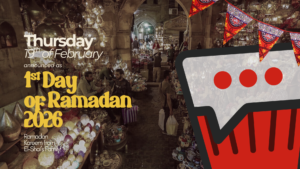We all love to watch movies and TV shows on Netflix or at the film. We love the stories, the journeys, and the heroes of each show or movie we watch.
Additionally, we love how every movie and series opens our eyes to see new worlds of art, happiness, grief, success and all other feelings.
That’s why we are always curious to know the people behind these pieces of art. These people make these films for us to enjoy, from writers, producers, and directors.
Today we had the chance to chat with an Egyptian producer and artist who’s making a breakthrough in Hollywood and Netflix: Amina Nada.
Amina Nada is an Egyptian producer, writer, and BAFTA LA alumna.
Amina Nada was born and raised in Alexandria, Egypt. In 2014, she moved to NY to pursue her master’s degree in TV Production.
There, Amina Nada was awarded the BBC America Diversity Award and nominated for a College Emmy.
Since moving to LA, Amina Nada worked on projects that premiered at the Sundance, TIFF, Venice Film Festivals and Tribeca Film Festival.
Currently, Amina Nada is in post-production for Lyssa a short film, which aims to destigmatise schizophrenia and developing two TV shows.
When did your passion for Hollywood and filmmaking start?
Oh, it seems like since forever, growing up I didn’t have cable TV. I used to stay up past my bedtime, sneak out around 10 pm after my mother would tuck me in bed, to watch the schedule International films.
French films were on Tuesday nights, and English films were for Wednesdays, I think.
I would hide and watch the movie from behind the door while my dad sat on the couch. Once he noticed me, he would laugh and invites me in, to watch it with him.
Were you planning from the beginning to live in the United States and work in the filmmaking industry?
Not really. But I always wanted to visit in the States; I was mesmerised by New York and how it looked in films.
First, I studied fine arts, interior design, in Alexandria as my undergrad. But it all started when I went to Turkey for a vacation to clear my head, in 2011, but it was a terrible experience! People weren’t the nicest to me because I am an Arabic Muslim woman, I thought to myself this is how people are portraying us as Muslim and Arab women. I have to change this perception.
Anyways, I am a movie addict since I was a kid. After I finished my undergrad, I decided to get my masters in TV production in the US.
What always encourages you to achieve more in your work?
It’s a very complicated question to answer. What pushes me is trying to tell stories that people never think they existed before, stories that were never told by us about us and our experiences. What encourages me more is being in rooms.
I’ve been in a lot of rooms, where I was the only woman in the room.
Sometimes the only person of colour in the room, so that’s one of the things that encourages me to tell the stories that I want to tell and fight for the feedback that I give to make sure that the storylines and narrative are not whitewashed, it’s not stereotyped. And it’s draining to be in rooms like that all the time. Aforementioned is one of the main reasons I’m focusing on creating my content than working underneath someone else.
How did you make it to the States?
I was looking into a lot of schools, the first thing before applying to any school you need to have a reel if you’re going to a master school. A reel is something that shows that you understand how to put a movie together.
So I bought a camera because I wanted to know how a camera works. I went and took a course in photography for beginners.
And then, I wanted to do a small silent film something about hope. I wanted it to reflect what Egypt was going through just after the revolution. I shot a movie about a woman who was on the verge of giving birth.
She’s looking into the horizon worried about the future of her unborn child. I edited and submitted that with my application to only one college because I couldn’t afford to make a lot of applications across the country, as they were around $100 per application!
I was working back then, and I didn’t want to ask my dad for money, so I used the money that I was saving from work, I worked for a year to save money for this trying to find a school and move to the States.
I applied to that one school that I could afford its tuition, who’s website said that it only accepts 14% of the people who use, and I got accepted. It was a long shot, but I got accepted to it!
Tell us about the BAFTA award you won?
It started when I applied with a wrote a personal essay of how I moved to the States to study film. Then the project which I wrote for my thesis, they have read the essay and the script and based on that I got the BBC America diversity award from them and a scholarship for a semester.
Hence, they paid for one semester of my study at Brooklyn College, as well.
What is the most challenging situation you’ve been through while creating new works?
I’ll be honest with you; there are a lot of racists, sexist people in the industry.
I’ve met a lot of people that would tell me ‘you’re only here because you’re a minority, you’re only here because you speak Arabic’.
They don’t even consider that I’ve been working in the industry for four years managing production for significant events like covering the red carpet for the Emmy’s or Oscars with production budgets around 3 million dollars.
But those are the kinds of things that you face when you’re in a room, where you’re the only woman of colour. I’m not going to lie, it’s a huge mental health drain to deal with it all the time, but it’s also the fuel that you have to take with you.
You know you need to change that system. The system that has a lot of corruption in it that needs to be restructured more healthily.
Because storytelling is one of the most critical elements that people don’t register how it shapes the ideology and the mentality of a whole civilisation, an entire country!
Mosul is now trending in Egypt; tell us more about the experience?
I got to work with one of the best writer-directors. Still, there’s a lot of reasons and sacrifice that I had to do to be able to finish that project and be a part of it, a lot of events that happened that I just stuck with because I knew the importance of the story that needs to be told.

The actors that we worked with how passionate and were determined that we get the story done, so from the creative team it was a blast to work with them. I’m so excited to know how the world is going to perceive it, as it is the first film to be fully in Arabic by an American company. It’s not an easy thing to do.
Knowing that it’s going to be a hard film to market to an American community. People here don’t like to watch foreign movies and read subtitles. So taking that risk makes you understand that there’s a small niche people who truly believed that there could be a change.
Many girls are aspiring to become like you, give them a piece of advice for them to start?
Stick to your truth.
Don’t let the world tell you who you should be, you are who you are, and you’re born that way for a reason!





